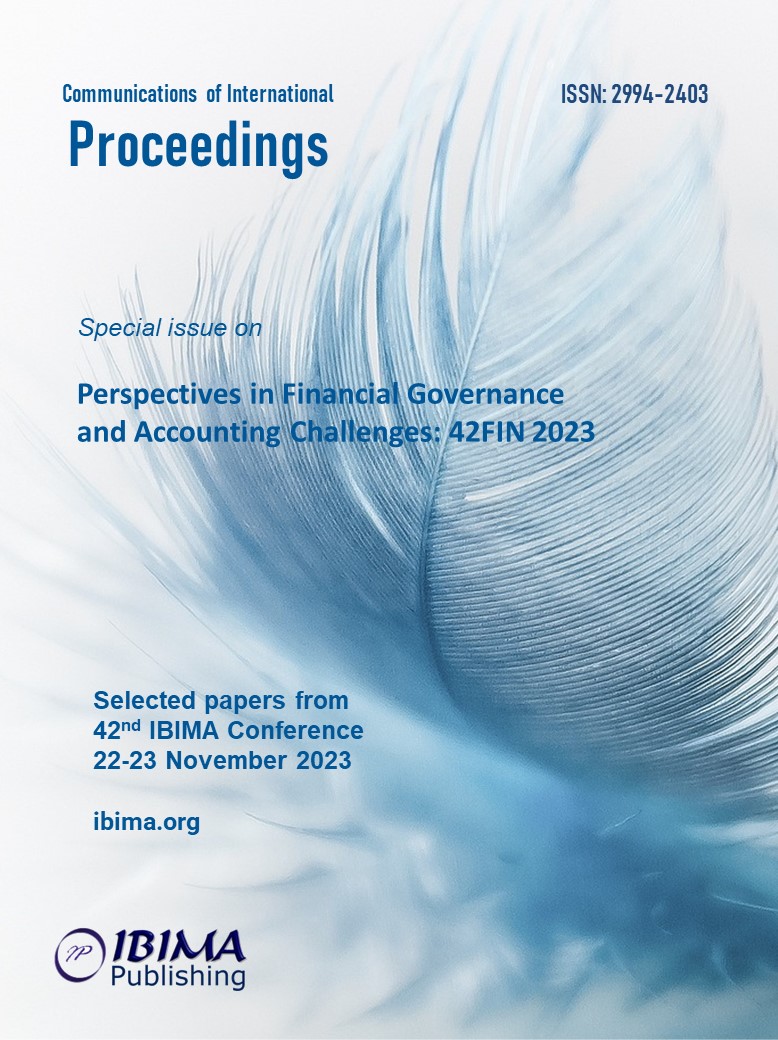
Anass EL BADLAOUI, Saida NAJI and Badreeddine CHEGRI
Mohamed V University, Rabat, Morocco

The purpose of this paper is to review recent empirical literature on the components and reducing factors of the Audit Expectation Gap distinguishing research conducted in developed countries relative to developing countries. We adopt a systematic literature review to review papers published between 2010 and 2020. To do so, we conducted a methodological process that combines an electronic search and a manual analysis to extract and analyze data. The results of our literature review show that fewer studies have been conducted in developed countries than in developing countries, because the AEG is no longer a contemporary theme in developed countries. Researchers from developed countries have revealed the existence of AEG, firstly, in the areas of auditor responsibilities, and especially in fraud detection and prevention. In order to mitigate AEG, audit education is seen as the primary factor in reducing AEG. Extending our study to developing countries, a clearer picture of AEG is found predominantly in auditors’ responsibilities in prevention and detection of fraud and other illegal acts and unreasonable expectations of public and auditor’s features. In order to reduce AEG, three factors are widely cited in the literature in developing countries: Audit education; Enhancement of auditor performance and Increasing the information content of audit reports.